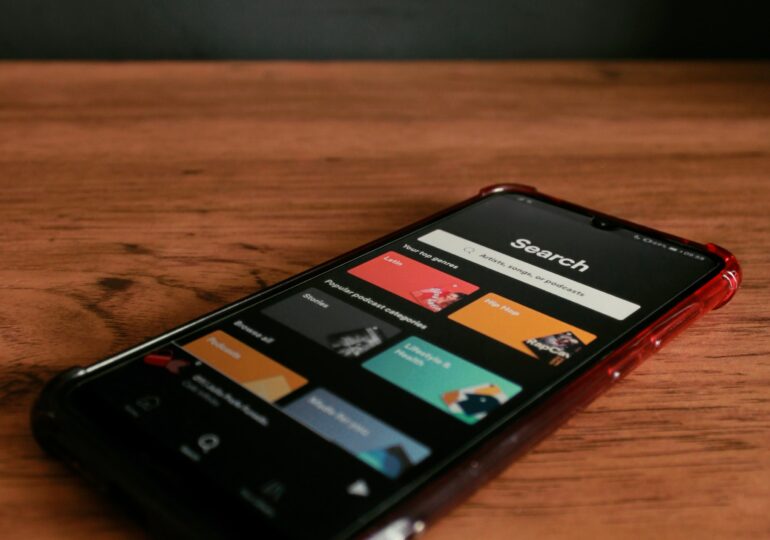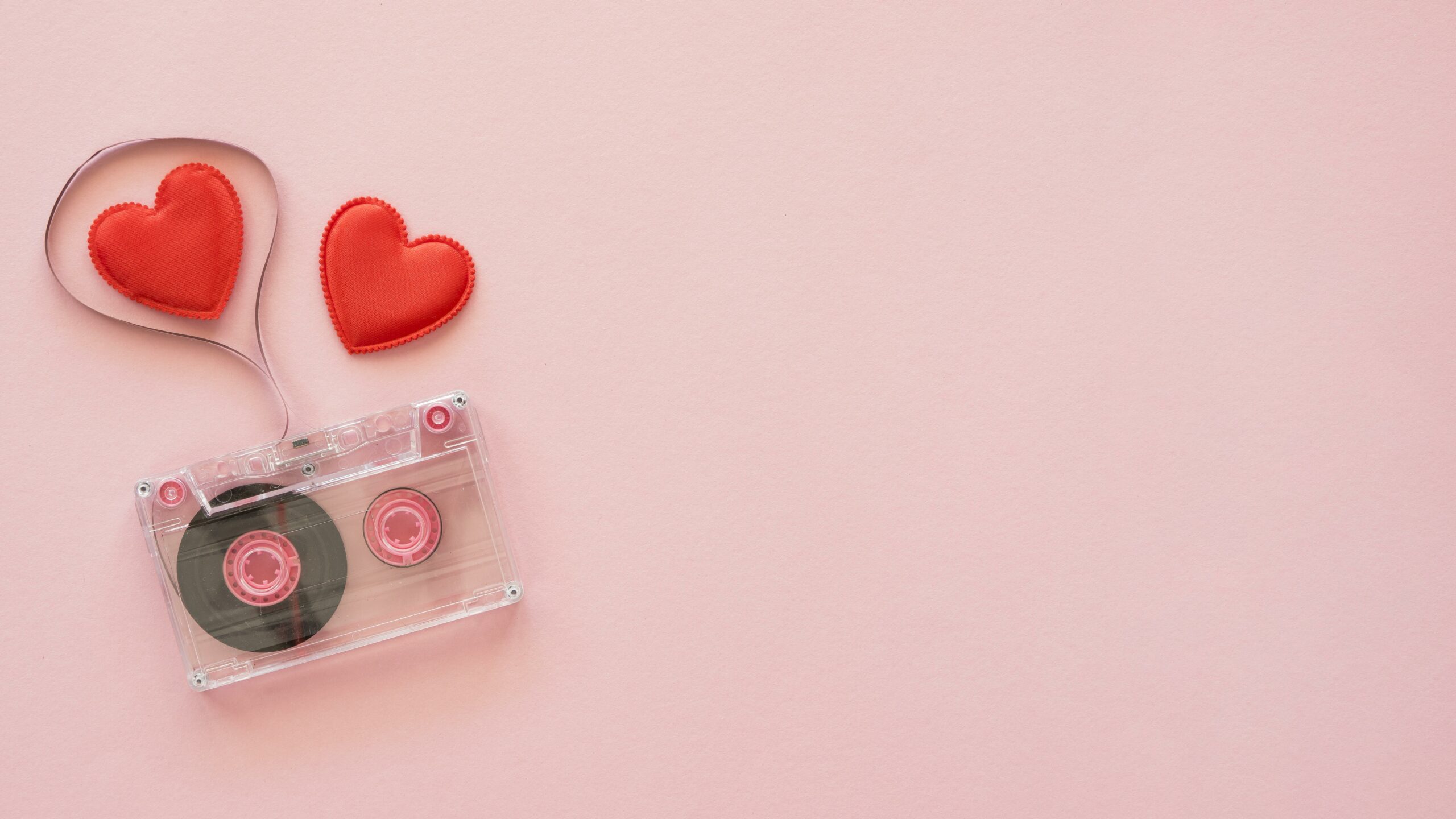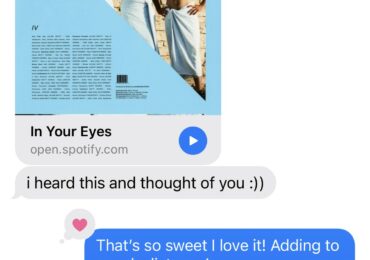The rise of streaming services has revolutionised the music industry, and Spotify is at the forefront of this change. Launched in 2008, Spotify has become one of the most popular music streaming platforms with over 356 million monthly active users as of December 2021, compared to 80 million Apple Music Subscribers. Spotify’s impact on the music industry has been significant, and in this article, we will explore the various ways in which Spotify has affected the music industry as well as our generation’s listening habits.
Firstly, Spotify has changed the way we consume music. With Spotify, users can listen to their favourite music anytime and anywhere, as long as they have an internet connection. CDs, mixtapes, and vinyl are essentially obsolete, relegated to collectables rather than for casual listening. Now, people can access millions of songs with just a few clicks. This shift in consumption habits has also led to changes in how the music industry operates.
The rise of streaming services like Spotify has led to a decline in physical album sales. According to the Recording Industry Association of America (RIAA), revenue from physical sales of music in the US fell from $2.5 billion in 2014 to $1.5 billion in 2020. In contrast, revenue from streaming services grew from $1.9 billion in 2014 to $10.1 billion in 2020. This revenue stream shift has significantly impacted the music industry, particularly for independent artists and small record labels.
Spotify has also changed the way artists are discovered. In the past, getting signed to a record label was the only way for artists to get their music heard. However, with Spotify, artists can upload their music directly to the platform and reach millions of listeners worldwide. This has opened up new opportunities for emerging artists and independent musicians to gain exposure and build a fanbase. In fact, Spotify has launched several initiatives to support emerging artists, such as the “Spotify for Artists” program, which allows artists to claim their profile, get real-time stats, and access promotional tools.
Additionally, The streaming services’ nuanced algorithm helps bring small artists to new listeners by cultivating personal playlists each week. From the Daily Mix feature to the ‘Discover Weekly’ playlist, Spotify constantly caters to your music taste with
combinations of your favourite songs and similar ones you’ve never heard. Think of it as your personal music horoscope.
While Spotify has given artists a platform to reach a wider audience, it has also been criticised for the low royalty rates it pays to artists. In 2020, Spotify paid an average of $0.0038 per stream, which means an artist would need over 263 streams to make $1. This has led to several high-profile disputes between Spotify and artists, including Taylor Swift, who has pulled her music from the platform in the past to protest its royalty rates. Although, with 79 million monthly listeners, I’m sure the rate is more than enough to pay for one of Swift’s notorious private jet rides.
Spotify has also been instrumental in changing the way we listen to music. With the ability to see what your friends are listening to in live time, Spotify has lent a social aspect to listening to music. Now, I can judge my friend’s music taste from the comfort of my bedroom instead of having to listen to it in real-time. The ‘Blend’ feature of the app allows up to 10 users to create blended playlists of your music types, allowing long-distance friends to share music with ease. Although the days of burning mixtapes for your crush may be in the past, making personal playlists for lovers and friends is easy, and perhaps just as romantic.
Spotify’s success can be attributed to a number of factors. From easy access to music to personalized playlists and a continuous roll-out of features made to enhance the listening experience, Spotify is made for 21st-century listening. Although it has its shortfalls, particularly when it comes to paying small and independent artists who have fewer streams, Spotify is here to stay.
My recommended Spotify playlists:
- Gold School
- POLLEN
- BUTTER









